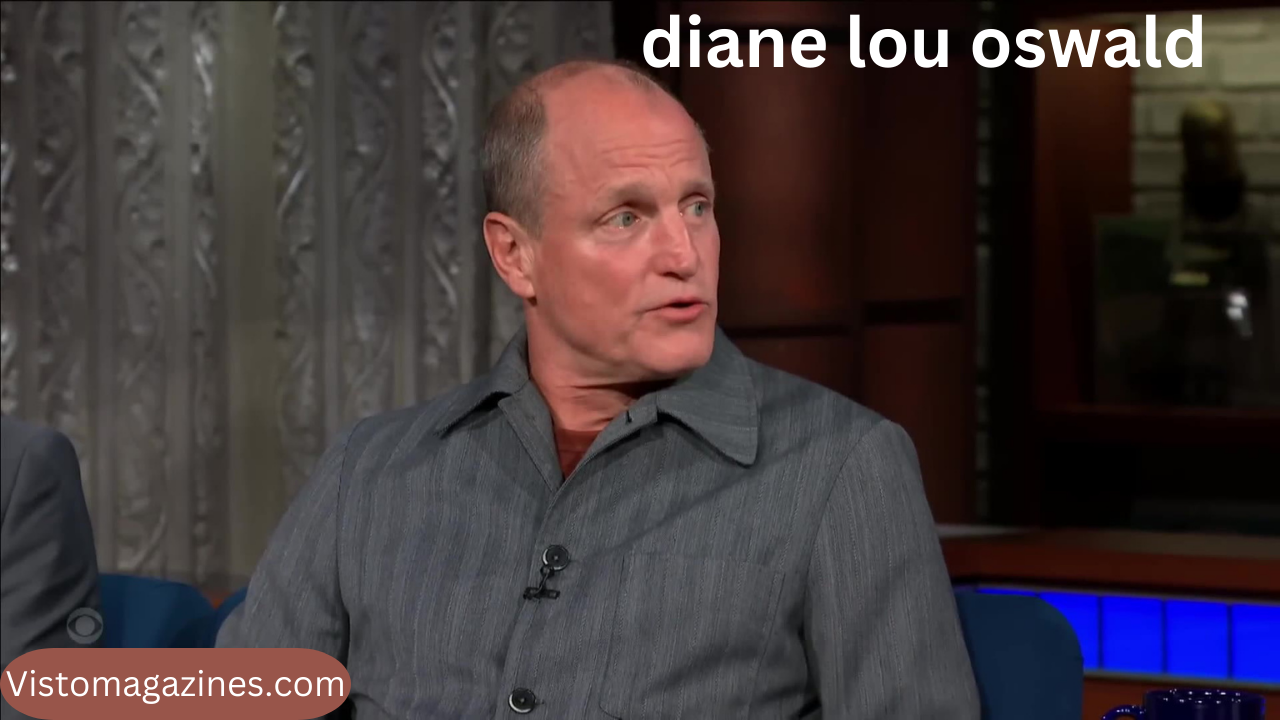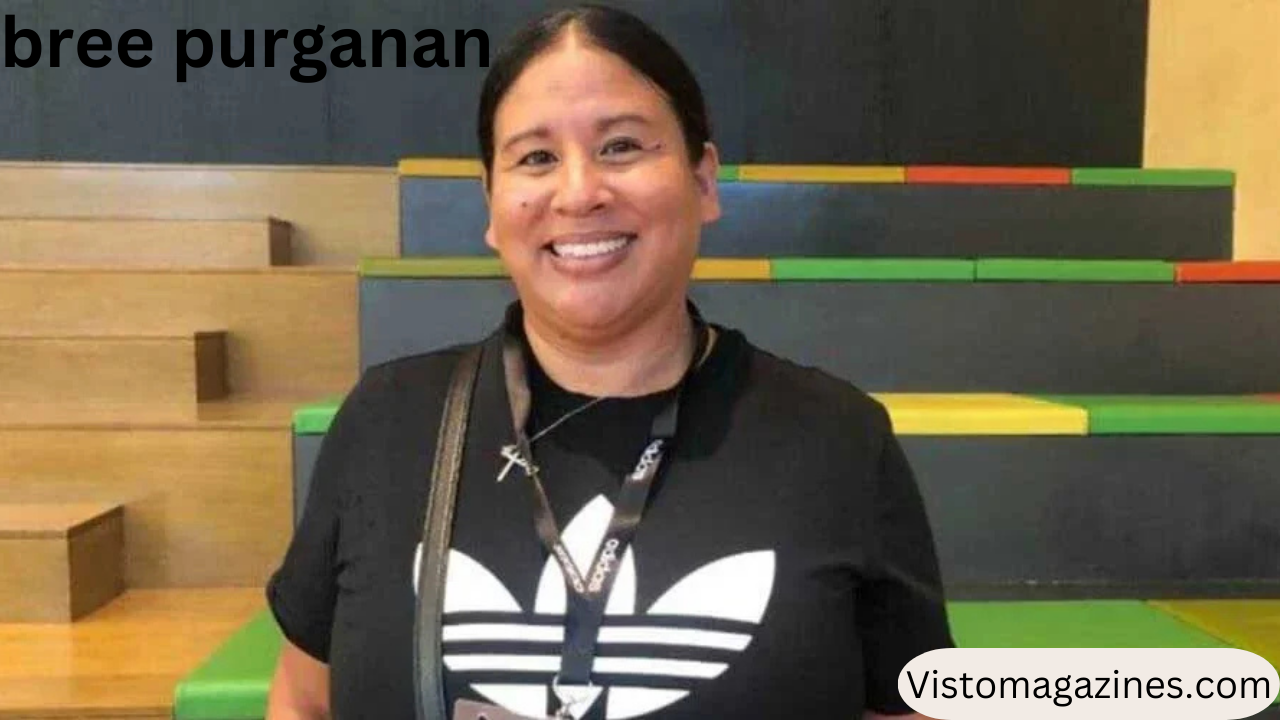Diane Lou Oswald: Unraveling the Life and Legacy of a Complex Figure
Diane Lou Oswald, a name that carries historical weight and complexity, is closely linked to the infamous figure Lee Harvey Oswald, the alleged assassin of President John F. Kennedy. However, beyond her association with one of the most significant events in American history, Diane Lou Oswald’s life story is filled with its own set of mysteries, challenges, and personal circumstances. This article delves into the life of Diane Lou Oswald, her role within the broader narrative of the Oswald family, and the cultural and emotional reverberations her life has had over the decades.
Early Life and Family Background
Diane Lou Oswald was born in 1939, as the daughter of Robert and Marguerite Oswald. Her full name, Diane Lou Oswald, often evokes a response tied directly to her familial connections. She grew up in the turbulent environment of the Oswald household, characterized by a deeply troubled family dynamic and a sense of social unrest. The Oswald family, despite its modest means, was marked by the overwhelming emotional and psychological stresses that impacted every member of the household.
While much is known about Lee Harvey Oswald’s troubled upbringing, Diane Lou Oswald’s early life was equally challenging, though not as publicly dissected. Raised in New Orleans and later living in various parts of the United States due to her mother’s frequent moves, Diane’s childhood was far from idyllic. The Oswald family faced significant financial struggles, which were compounded by the erratic behavior of Diane’s mother, Marguerite. Diane Lou’s experiences, shaped by the pressures of her family’s strained circumstances, undoubtedly left a lasting impact on her personality and views.
Relationship with Lee Harvey Oswald
Perhaps the most significant aspect of Diane Lou Oswald’s life is her connection to her half-brother, Lee Harvey Oswald. Lee’s controversial role in history as the assassin of President John F. Kennedy is one of the most analyzed and debated events of the 20th century. However, Diane’s life was intricately connected to this tragic moment in history. Diane’s relationship with Lee was one of the quieter parts of the Oswald family saga. As the older sibling, Diane Lou’s early experiences with Lee shaped much of her perspective on family and loyalty.
Despite their shared parentage, Diane’s relationship with Lee was not one of close kinship. Growing up in a tumultuous household, the two siblings were separated by a significant age gap and by Lee’s own troubled behavior, which manifested in his later years. While Diane did not play a prominent public role in Lee’s life, she was impacted by his actions, especially as they came under public scrutiny following the assassination of President Kennedy.
Diane Lou Oswald, like many other family members of infamous individuals, had to navigate the challenges of being linked to someone whose legacy became a national conversation. The weight of her brother’s actions and their consequences must have been immense, shaping her own life in ways that are often left unspoken. Diane’s involvement in public discourse regarding Lee’s actions, especially during the early years after the assassination, reveals a deeply personal and complicated emotional struggle.
The Aftermath of the Assassination
The assassination of President Kennedy on November 22, 1963, by Lee Harvey Oswald was an event that shook the world to its core. For Diane Lou Oswald, the tragedy marked the beginning of a new and harrowing chapter in her life. As a family member of the man accused of the assassination, Diane was thrust into the media spotlight, though she was never as heavily scrutinized as other figures associated with the event, such as her mother, Marguerite Oswald, or the various law enforcement officers investigating the crime.
In the wake of the assassination, Diane Lou Oswald faced an onslaught of public attention, some of which was rooted in genuine curiosity about her family ties, while others sought to understand the roots of Lee’s violent actions. Throughout this period, Diane Lou maintained a relatively low profile, at least in the public eye, choosing not to engage in the media frenzy that followed the tragic event. This decision to remain private stood in stark contrast to the sensationalism surrounding her brother’s actions.
Despite the enormous pressure from the media and society, Diane’s role as a family member of a notorious figure was not one that she could easily avoid. The aftermath of the assassination brought about complex emotions for her—grief, shame, confusion, and perhaps even a sense of betrayal. These conflicting emotions would have deeply affected Diane’s personal life in the years that followed.
Life After the Assassination
Diane Lou Oswald’s life after the assassination of President Kennedy is less documented in public records. She reportedly moved away from the intense public scrutiny that came with being a member of the Oswald family and chose to live her life with relative privacy. The strain of dealing with the legacy of her brother, coupled with the broader societal impact of his actions, likely played a role in this decision. Diane’s attempts to lead a life outside of the shadows of Lee Harvey Oswald suggest that she sought to escape the public’s fascination with her family history.
Living in the aftermath of such a national tragedy must have been exceedingly difficult for Diane. In interviews and rare public appearances, Diane has often been characterized as a private, reserved person, not one to speak openly about her brother or the emotional toll that his actions took on her family. It is important to recognize that Diane Lou Oswald’s life was not merely defined by her brother’s actions, but by her own personal history and experiences that were separate from the infamous event.
In later years, Diane Lou Oswald largely stayed away from the media, and not much is known about her later life. Her story remains one of those quietly remembered and largely overshadowed by the larger historical event in which her family played an involuntary role. She became a figure that represented the human cost of tragic public events—someone whose voice was mostly absent but whose life was undoubtedly shaped by the violence and scandal that her family endured.
The Legacy of Diane Lou Oswald
While Diane Lou Oswald may not have been a public figure in the same way her brother Lee Harvey Oswald was, her legacy is undeniably intertwined with the legacy of the Oswald family. Diane’s quiet life, her avoidance of public attention, and her personal struggles as a family member of one of the most notorious figures in American history all contribute to the larger narrative of the Oswald family’s story.
In many ways, Diane Lou Oswald embodies the unseen, often overlooked, consequences of a national tragedy. She represents the emotional and psychological toll that events like the assassination of President Kennedy take on the families of those involved. Diane’s life, though not extensively documented, stands as a testament to the resilience of individuals who must live with the long-lasting repercussions of history-defining events.
Diane Lou Oswald may have chosen to live outside the public eye, but the reality of her life and her relationship with her brother is a story that still captures the imagination of those who study the history of the Kennedy assassination and its aftereffects on the lives of ordinary people. Her legacy is a reminder that the human cost of history’s tragedies extends far beyond the headlines, reaching deep into the lives of individuals who are often forgotten in the wake of the grander narratives.
Conclusion
The life of Diane Lou Oswald, while not as publicly recognized as that of her infamous brother, is one that deserves reflection and understanding. Living through the aftermath of the Kennedy assassination, Diane had to contend with the public’s perception of her family and the emotional scars that came with it. Despite the quiet nature of her later life, her story remains a poignant reminder of the personal consequences that are often left in the shadows of history. Diane Lou Oswald’s legacy, though quiet, is indelibly linked to the larger, turbulent narrative of the Oswald family and the tragic events of November 22, 1963.



